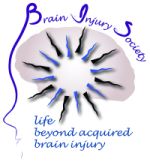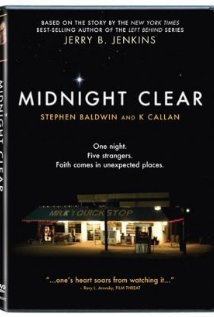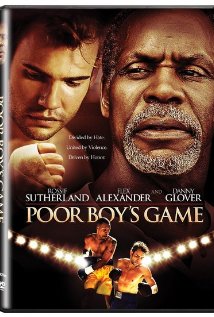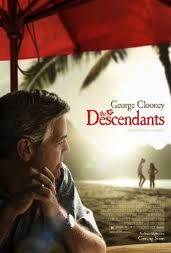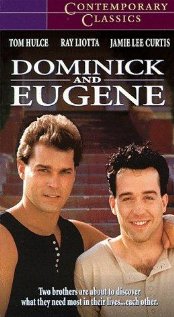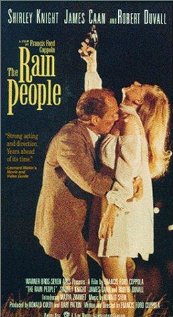
50 First Dates A romantic comedy about a girl with no short-term memory. Although there is potential for more, the movie is still funny (if you like Adam Sandler) .

A Beautiful Mind stars Russell Crowe in an astonishing performance as brilliant mathematician John Nash, on the brink of international acclaim when he becomes entangled in a mysterious conspiracy. Now only his devoted wife (Academy Award winner Jennifer Connelly) can help him in this powerful story of courage, passion and triumph. Directed by Ron Howard.

Memento – An amazing story told in reverse about a man who wakes up with no short term memory, yet manages to work his way through the story backwards to figure out who is his enemy and why.

The Notebook An elderly man (James Garner) visits a nursing home to read entries from a notebook to a woman (Gena Rowlands) with Alzheimer’s disease about a long-ago love affair in which they were involved. Based on the Nicholas Sparks novel.
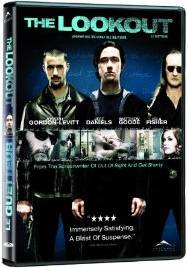
The Lookout What happens to Chris Pratt after suffering a traumatic brain injury in an automobile accident. Actor Joseph Gordon-Levitt spent a lot of time “hanging out” with TBI survivors at the Betty Clooney Foundation in California while preparing for his role, and he does a good job showing that brain injury survivors are just like everyone else, except during those moments when the injured brain takes over.

Coma HBO Documentary Films unique look at the mystery of traumatic brain injury, which has captivated Americas imagination for decades, COMA follows the personal journeys of four traumatic brain injury patients over the year following their emergence from a coma into either a persistent vegetative state, a minimally conscious state, or beyond. Directed by award-winning filmmaker Liz Garbus, COMA goes inside The Center for Head Injuries at JFK Medical Center, a top U.S. medical facility for the treatment of head trauma. The film charts the patients progress and details the efforts made on their behalf by doctors, therapists and, most poignantly, families and friends. In addition to the feature documentary, the DVD includes an additional feature on a fifth patient, Willie Hicks, whose recovery from a brain injury is more pronounced than those of the four subjects seen in COMA.
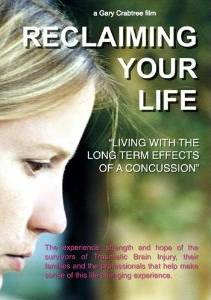
Reclaiming Your Life “living with the long term effects of a concussion” “Reclaiming Your Life” is essential for anyone who has sustained a (MTBI) post concussion syndrome or who lives or works with people who have survived a traumatic brain injury. This valuable resource shares the experience, strength and hope of other survivors and helps understand and overcome the frustrating symptoms and regain a life of health and vitality.
More than one and one half million people in the United States and more than eleven million people world wide suffers this form of brain injury each year. It is the leading cause of death for men under the age of forty five. Although it can happen to anyone, anywhere, or anytime — in auto, sports or work -related accidents; in household falls, or through physical assault traumatic brain injury is still one of the foremost misdiagnosed or under diagnosed health concerns today. A significant percentage of victims suffer debilitating symptoms for months or years afterward, from depression, learning disabilities and chronic fatigue syndrome to migraines, vision problems and seizures. And the fact remains, After a brain injury, a person is never the same.
As a survivor of traumatic brain injury, Gary Crabtree and the many others you will meet in this film are living proof that after a brain injury a person’s life is changed forever. Gary Crabtree has set out to provide help, support and information for other survivors of mild traumatic brain injury, their families and friends to help them make sense of this sometimes mystifying condition.
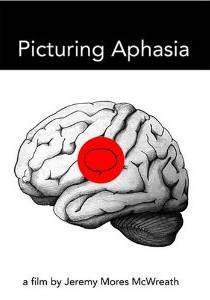
Picturing Aphasia An estimated one million people in the United States have aphasia, but most people have never heard of it. Aphasia is a communication condition caused by damage to the language areas of the brain. This damage can come from a traumatic brain injury or a stroke. There is no cure for aphasia but there is rehabilitation.
Every person’s brain is unique, and so are the language disabilities a person could develop from damage. Aphasia can affect both comprehension and production of spoken and written language. Every person with aphasia has a different level of comprehension and production. Aphasia does not affect a person’s intelligence in any way. Their brain function has not been altered beyond their language ability.
Picturing Aphasia is designed to function both as a way to raise awareness and understanding for aphasia and as a therapeutic device for people with aphasia. The idea was to give each person in the interview a forum to communicate with people who have aphasia and people who do not. It is an experiment in communication. Visual symbols are by no means a universal form of communication. The drawings created to interpret each personIs statements were designed to help bridge the gap between hearing, seeing, and comprehending. The images are to act as an aid in the understanding of the spoken language.
The goal of Picturing Aphasia is to allow people who have just developed aphasia an opportunity to understand that rehabilitation is not only possible but likely.

The Loss of Nameless Things In 1978 Oakley Hall lll was a promising playwright on the verge of national recognition when a mysterious fall from a bridge took his artistic life away. He suffered horrific head injuries, was hospitalized nearly a year and incapicitated much longer. The Loss of Nameless Things is the haunting tale of Hall’s fall from grace and what happens when, twenty five years later, a theater company stages the very play he was writing the night he fell.
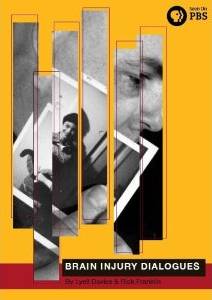
Brain Injury Dialogues Though he appears normal, Rick Franklin’s brain injury has made his life anything but. Teaming up with veteran documentary maker and friend Lyell Davies, Rick explores the impact that brain injury has had on himself … Read the rest
